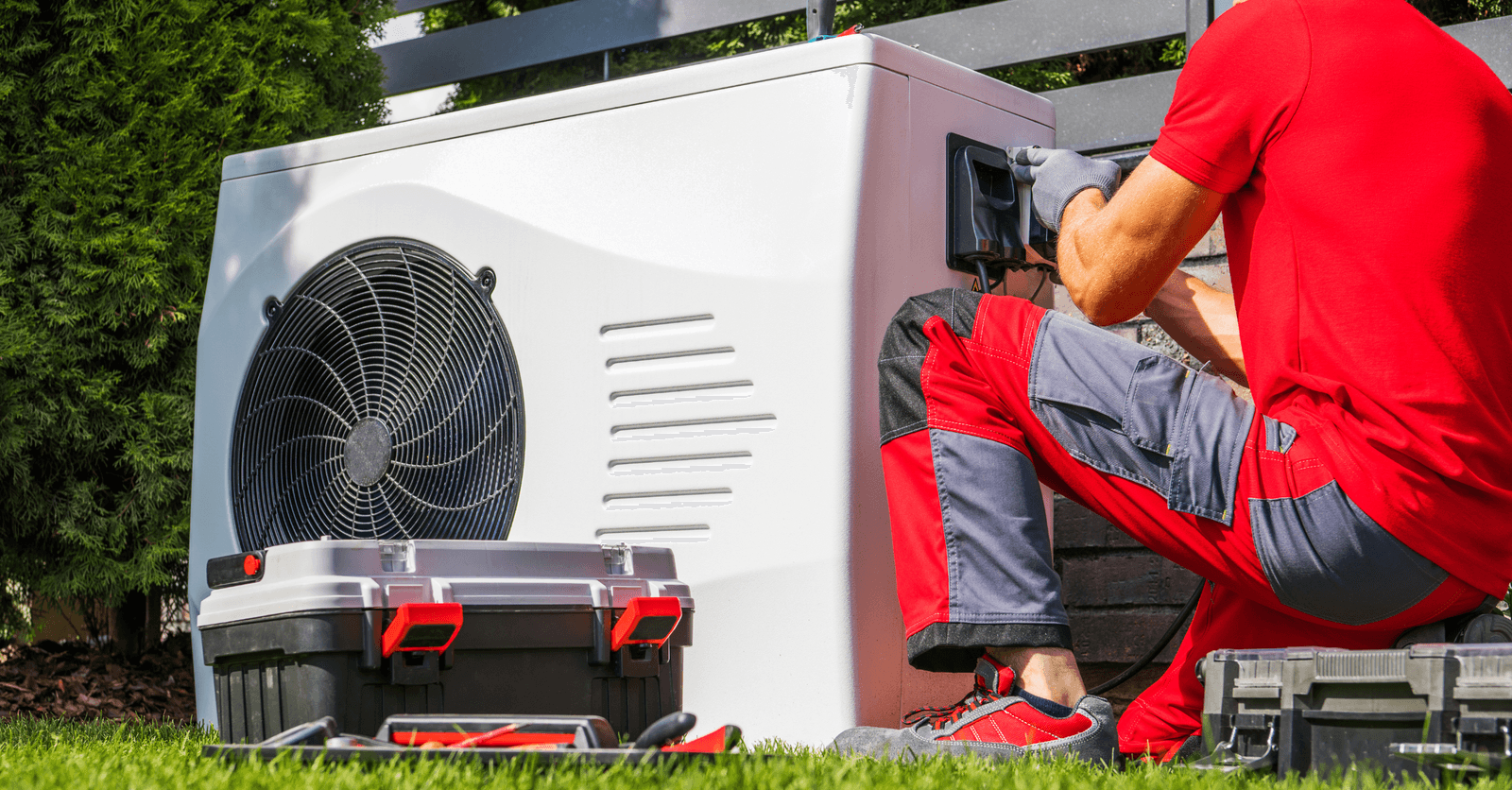Central Heat Pump – Why Choose This Type of Air Conditioning
By Editorial Team
Updated on August 1, 2025
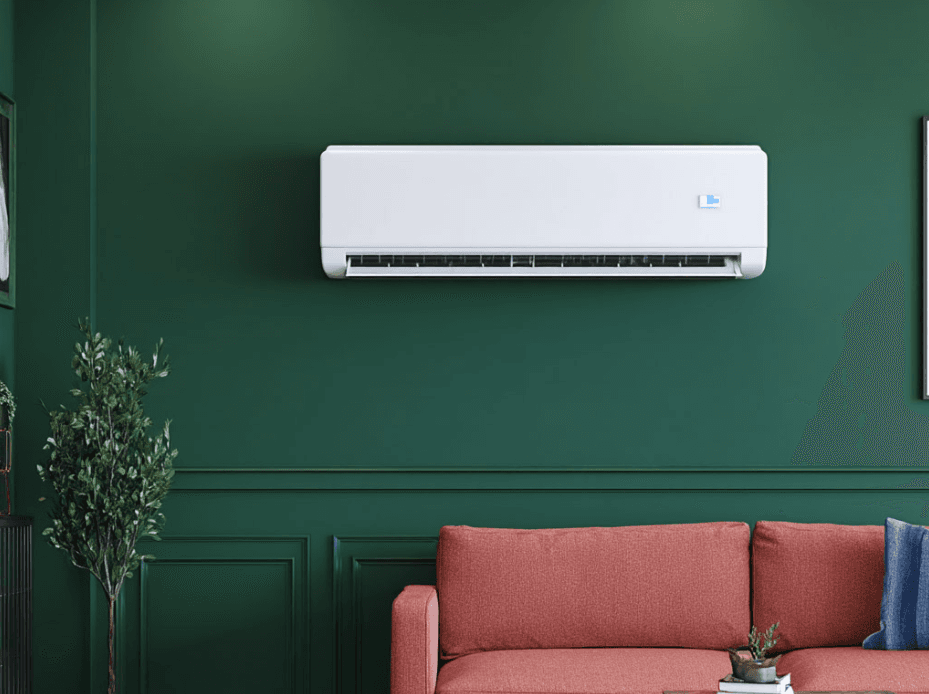
In Canada, summer may be short, but it can still bring intense heat. Air conditioning becomes a valuable ally to help us get through these days more comfortably. Among the different types of air conditioners, more and more people are opting for the central heat pump.
There are various models of heat pumps available on the market, including wall-mounted heat pumps, multisplit (multizone) heat pumps, and central heat pumps. In this article, we’ll share useful information about central heat pumps.
Here are some of the questions we’ll address in the following paragraphs:
What are the criteria for choosing the right heat pump?
Who can install a central heat pump?
What financial assistance is available for installing a central heat pump?
What is the best central heat pump?
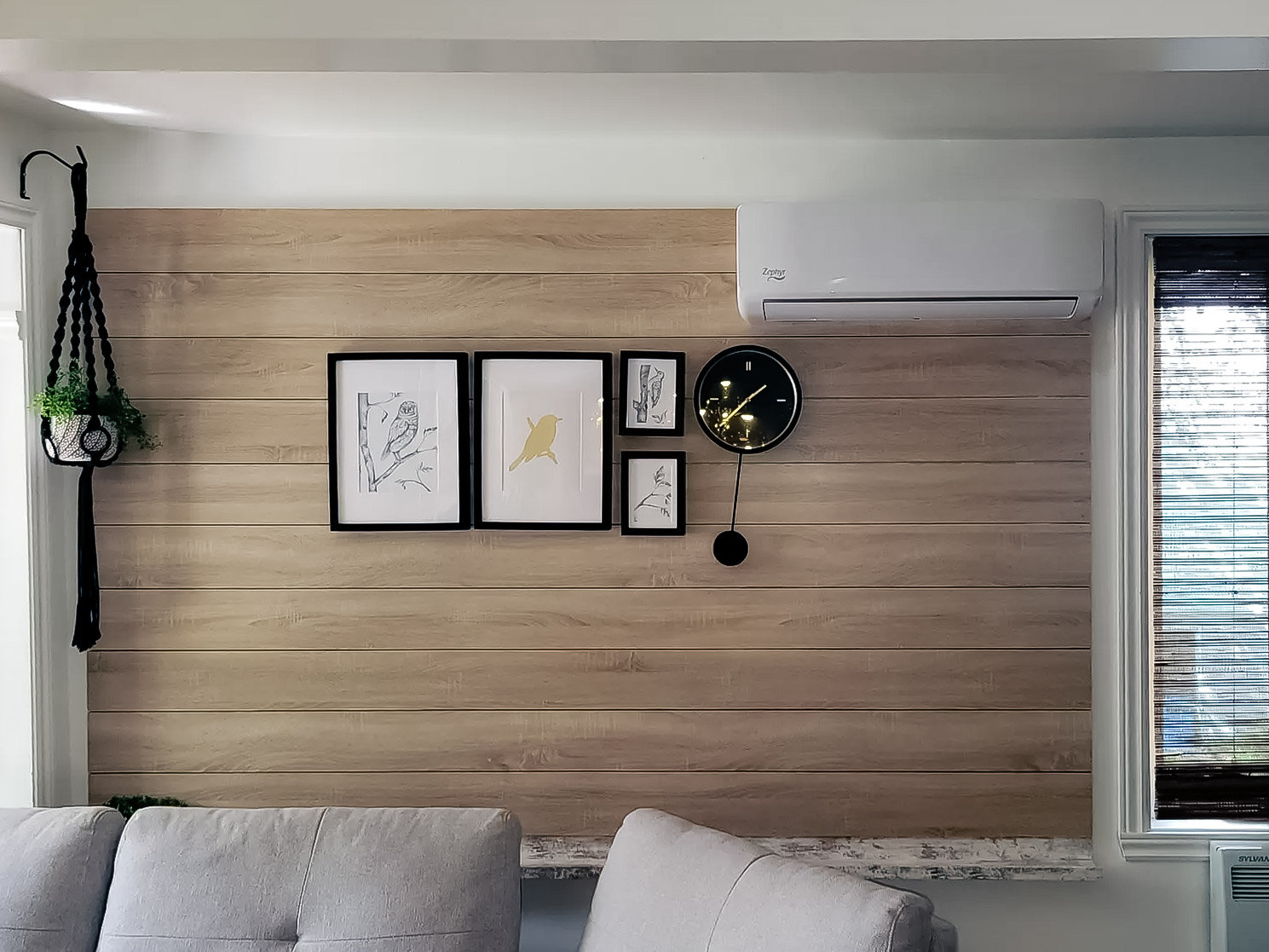
Source : Noroit CVC inc.
There are many quality heat pump models, so to find the one that best suits your needs, you must create a list of features that match your situation.
For example, if your house is large, certain models will be more suitable. Do you want your heat pump to also serve as your main heating system in the winter? You’ll need a model adapted to the Quebec climate. In most cases, heat pumps are effective down to about -10°C. If it gets colder, you’ll need a backup heating system.
How to choose a central heat pump: key criteria
The first thing to assess when selecting a central heat pump is your cooling needs for the summer and heating needs for the winter.
Then, ask yourself the following to determine the necessary capacity:
What is the size of your home’s interior (in square feet or square meters)?
This will help determine how many BTUs you’ll need (see below for more information on BTUs).
Do you live in an area with very hot summers, very cold winters, high humidity, or poor air quality?
In summary, here are all the criteria to consider when choosing a good heat pump:
The size of your home
Whether your exterior walls are well insulated
The climate where you live (harsh winters, hot summers)
Your cooling preferences
Air quality in your area
Your budget
What are the different types of central heat pumps?
Now that you’ve listed your criteria, it’s time to assess which type of heat pump suits your needs. There are three types of central heat pumps on the Canadian market:
Type of Central Heat Pump | Characteristics |
|---|---|
Air-to-air heat pump | Captures thermal energy from outside air. Best suited for moderate climates. Most common model (easy to install, affordable). |
Air-to-water heat pump | Captured energy is transferred via water circulating through a central system. Performs well in cold climates. More complex to install (requires a water distribution system). |
Geothermal heat pump | Captures heat from the ground to operate heating and cooling. Expensive to install. Cost-effective in the long run due to energy savings and long lifespan. Easy to maintain. |
How many BTUs for a central heat pump?
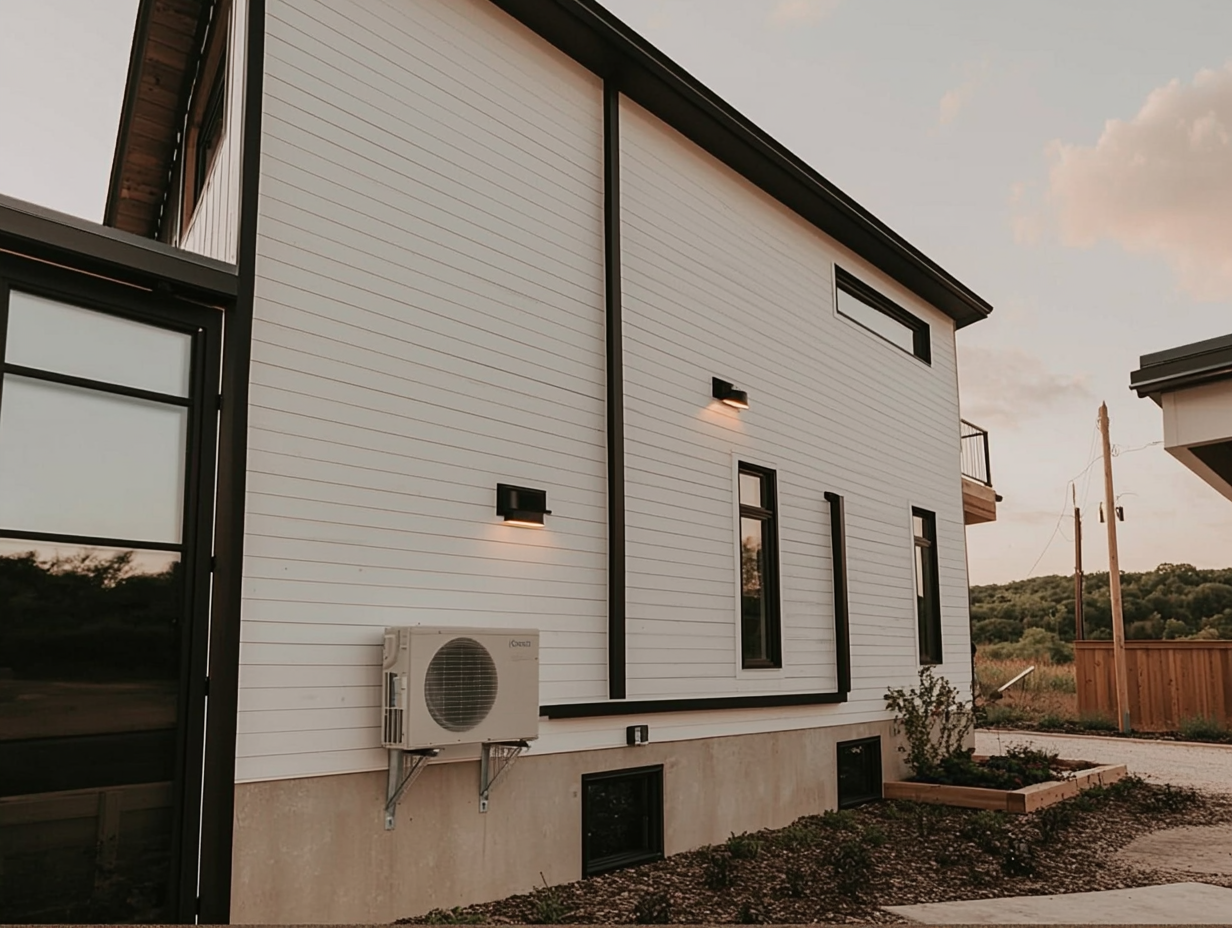
Source : Refrigiration Blanchard
In Canada, where temperatures can be extreme, our heating and cooling systems must work hard to maintain comfort. To know which unit to choose, you need to estimate how many BTUs you’ll require.
BTU is a universal measurement unit indicating the energy needed to heat or cool a space. The larger your home, the higher the BTU output required.
Other factors also influence the necessary BTU capacity, including:
Quality of insulation
Number of floors
Location of the unit
Ceiling height
Presence of air leaks
Amount of sunlight entering rooms
To calculate the number of BTUs needed for your central heat pump, refer to this article:
How to Calculate the Right Size (BTU) Heat Pump Needed
What is the best heat pump brand?
According to a 2025 study by Protégez-Vous magazine, the most reliable heat pump brands (few major breakdowns) include:
Moovair
Mitsubishi Electric
Daikin
Ameristar
Tosot
Directair
Criteria for choosing the best central heat pump brand for your situation:
Good manufacturer warranty
Solid value for money
Proven energy efficiency
High performance rating
Low noise level in decibels
Accessible after-sales service in case of breakdown, poor installation, or performance issues
Central or wall-mounted heat pump: which to choose?
In some cases, a wall-mounted heat pump may be a better option than a central one. It really depends on your needs and budget. However, if your home already has ductwork, installation costs for a central system may be lower, making this option worth considering.
Advantages of a wall-mounted vs. a central heat pump:
Much easier installation (no need for ductwork; just the indoor and outdoor units)
A multizone wall unit can heat or cool multiple rooms (like a central system)
More affordable price
Central systems can be noisy
Disadvantages of a wall-mounted vs. central heat pump:
A monosplit wall unit can only heat or cool one room. Central systems are more energy efficient.
Check out this article for more information: How to Choose Between a Wall-Mounted or Central Heat Pump
How is a central heat pump installed?
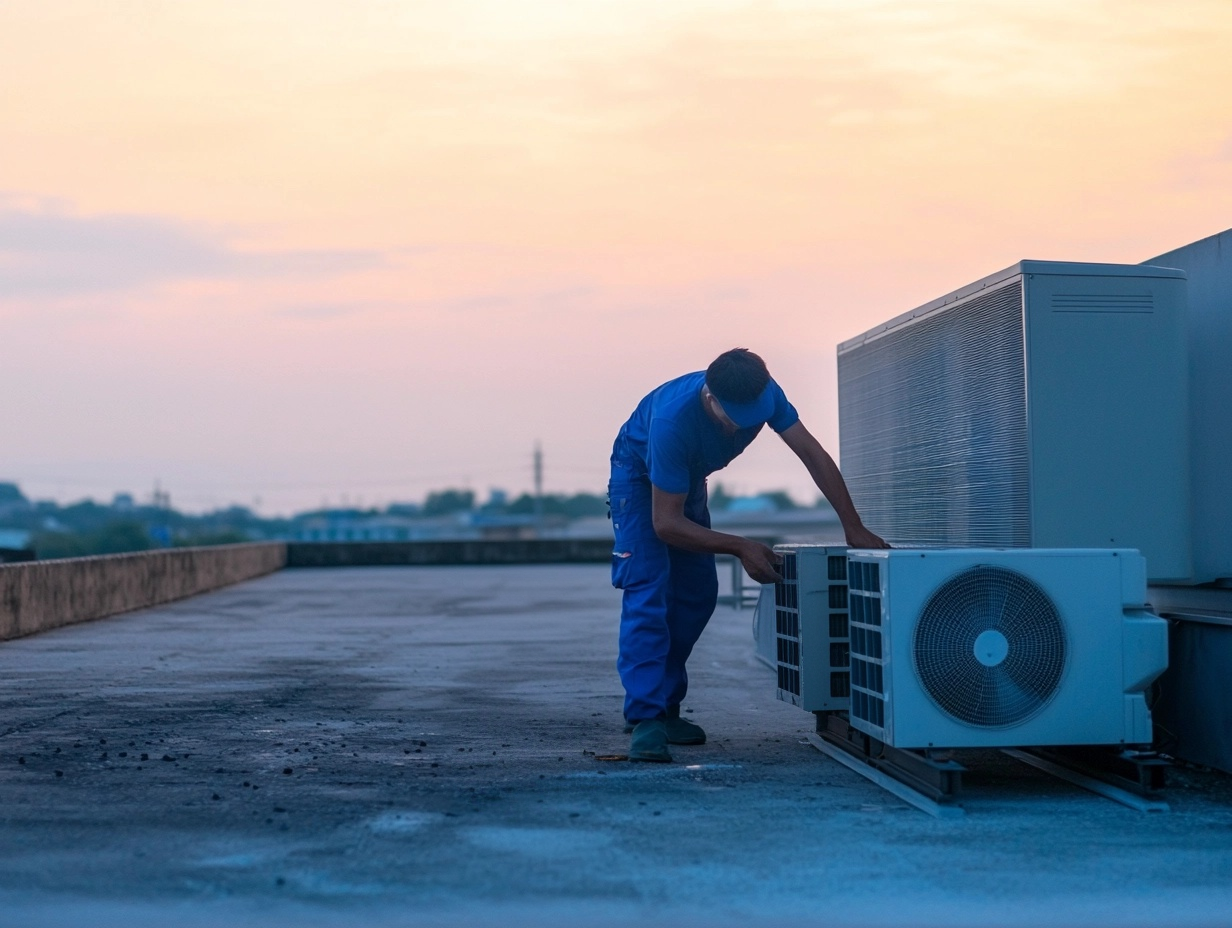
Source : RenoQuotes
Installing a central heat pump is a complex process, especially if your home lacks air ducts. It should only be handled by experienced professionals, ideally licensed HVAC contractors.
Steps for installing a central heat pump:
Steps may vary by model, but the general process includes:
Installing or upgrading air ducts
Installing the outdoor unit (on the ground or wall, in a low-noise area)
Installing the coil system to transfer heat between units, ducts, and furnace
Connecting the system to the home’s electrical system
Note: Always check your municipality’s regulations to ensure compliance with unit size, location, and height. A certified contractor should know the rules.
How does a central heat pump work?
A heat pump captures heat and transfers it to another space. A central system circulates air throughout the house using a compressor and ductwork, while still allowing you to control room-by-room temperatures.
In winter, the heat pump moves warm air throughout the home. In summer, refrigerants circulate through coils to provide cooling. This setup offers strong energy efficiency and cost savings compared to traditional energy systems.
Read our article for more details: Understanding the Basic Workings of a Heat Pump
Central heat pump installation and repair – who to contact

Source : RenoQuotes
For a heat pump purchase project, you should always work with certified HVAC professionals. In Quebec, heating and cooling contractors must hold a license from the Régie du bâtiment.
It’s wise to request multiple quotes before choosing your contractor. Compare:
Prices
Brands offered
Manufacturer and installer warranties
After-sales service
Who to trust for a central heat pump quote?
Be wary of door-to-door heat pump sellers, as this is a common scam tactic. Regulations are becoming stricter in Quebec due to increasing fraud.
To stay safe, choose a certified company through a referral platform like SoumissionRenovation.ca. We verify reputation and license validity before referring professionals.
Finally, heat pump repairs should always be performed by a technician. DIY repairs may void your warranty with the installer, manufacturer, or even your insurance company.
How much does a central heat pump cost?
The cost of installing a central heat pump usually ranges from $8,000 to $15,000. This price can increase if ductwork needs to be added.
Fortunately, several financial aid programs are available to help you finance your purchase. We’ll cover those a bit further in this article.
How much does a wall-mounted heat pump cost?
A simple monosplit wall-mounted heat pump can cost as low as $2,000, with luxury models reaching up to $9,000. A multizone wall system typically costs $4,500 to $15,000.
You can find more price information in this article: Heat Pump Cost Guide - How Much Should You Budget in 2025?
What subsidies are available for heat pumps in Quebec?
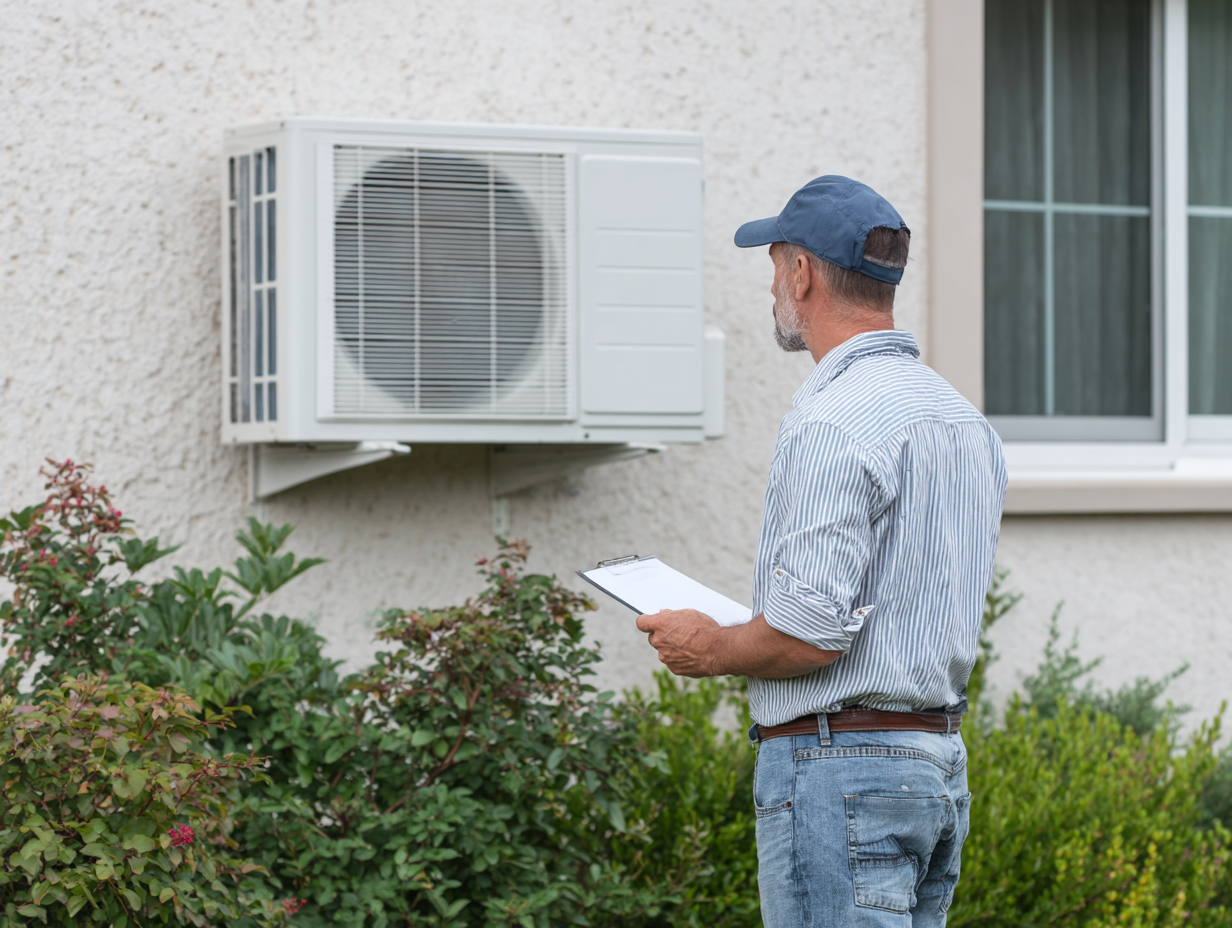
Source : RenoQuotes
At the time of publishing, three subsidy programs can help cover heat pump installation costs. Click the title to learn more about each:
Hydro-Québec Grant for Heat Pumps
The LogisVert program was launched in 2023 by Hydro-Québec. Its goal is to help Quebec households benefit from significant energy savings while reducing their electricity bills. Among the eligible work covered by this grant is the installation of a heat pump, which can qualify you for up to $7,800 in financial assistance. Our article on the subject offers more details.
Heat Pump Grants in Other Canadian Provinces
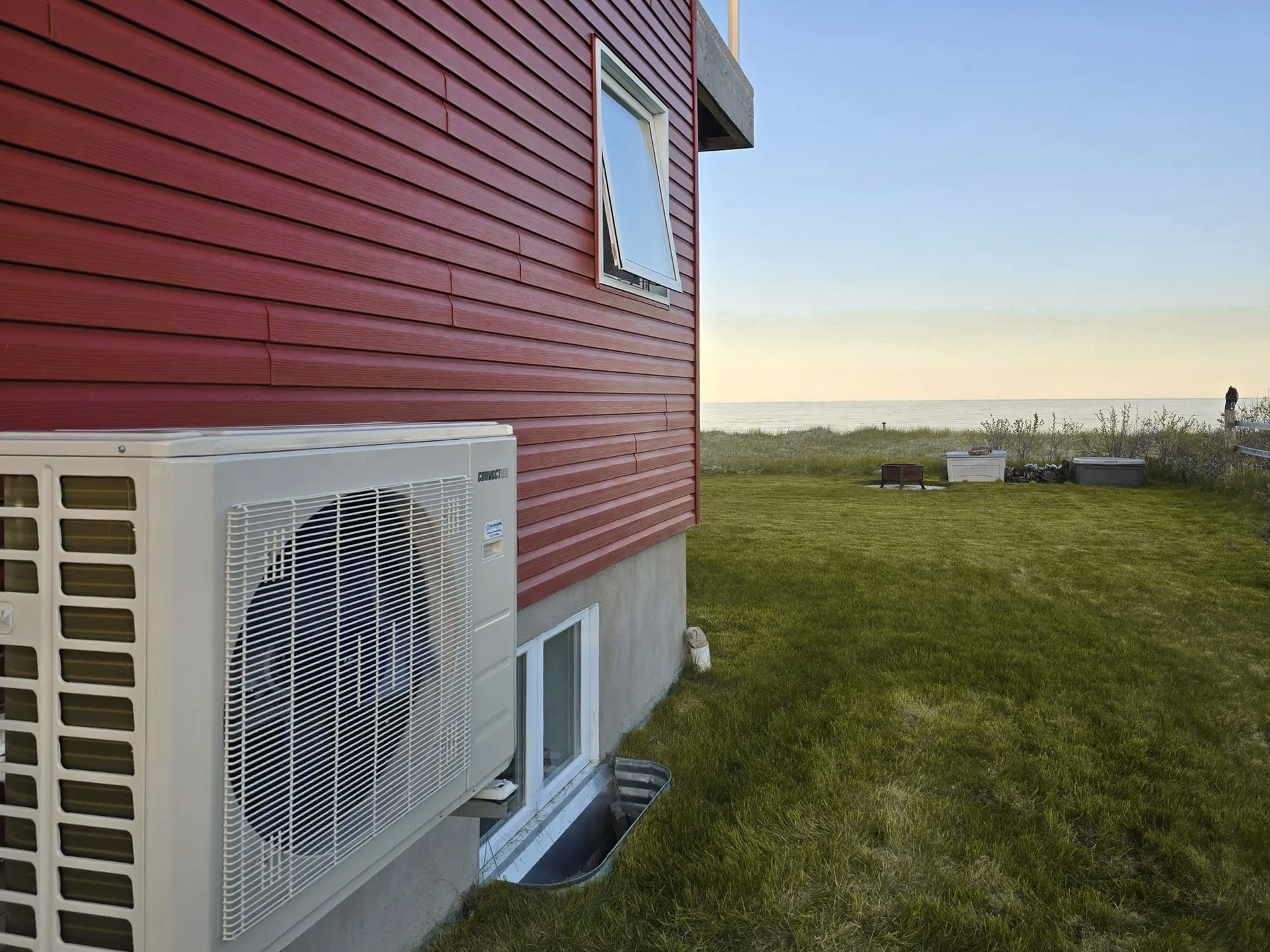
Source : refrigeration blanchard
If you live in another province, know that many provincial governments offer financial assistance programs. You should also check with your municipality, as some cities provide incentives for switching to more energy-efficient heating and cooling systems.
The OHPA program (previously mentioned) applies in most regions across Canada.
FAQ on Central Heat Pumps
How do you maintain a central heat pump: maintenance methods ?
It is very important to maintain your central heat pump regularly to ensure its long-term operation. About every three months, you should clean and replace the filters. At least once a year, you’ll need to clean the fans and inspect the ducts and vents. Lastly, when you first turn on the cooling function in spring and the last time in fall, clean the condensation drain.
Is a heat pump a good heating system?
Yes, but it must work in combination with an additional heating system. When set to heating mode, the heat pump usually functions effectively down to -10°C. If the temperature drops further, the unit becomes less efficient, and a backup heating system must take over during peak periods. Some models can operate at lower temperatures, so be sure to factor this in when choosing your device.
You should also know that it’s possible to combine a thermal storage system with a central heat pump to increase efficiency during the winter months.
Central air conditioning vs. heat pump: what’s the difference?
These two systems function differently. A heat pump can both heat and cool your home, while central air conditioning only works during the summer. Central AC is generally cheaper to install, requires less setup, and may last longer. However, heat pumps are more energy-efficient overall.
What is the lifespan of a central heat pump?
If well maintained, a wall-mounted heat pump can have a lifespan ranging from 10 to 15 years.
Looking for something else?
Related articles
The latest industry news, interviews, technologies, and resources.

Editorial Team
•26 Jan 2026
Investing in purchasing and installing a heat pump is a wise decision. Given Canada's ever-changing temperatures, consolidating both heating and air conditioning systems into one unit is not a bad idea, resulting in savings of nearly 20% off your usual utility bill.

Editorial Team
•04 Jun 2025
Waterproofing your foundation is paramount to preserve the integrity of the concrete, prevent basement water leaks, and reduce humidity levels. Doing so is deemed essential to prevent water and moisture found in the soil from seeping into the basement of your home, thus preventing material deterioration and health-hazardous mould growth. Also, foundation waterproofing is a way of controlling the moisture level in your basement and home as a whole, which will in turn reduce your heating and air conditioning bills.

Christine Simard
•08 Nov 2023
When you think of rustic decor, you often imagine a log cabin or your family chalet, but you rarely think of your living room! You can also often imagine that a decor like this might look dated and old-fashioned, but when well imagined and executed, it can instead bring a lot of charm and character to your home.
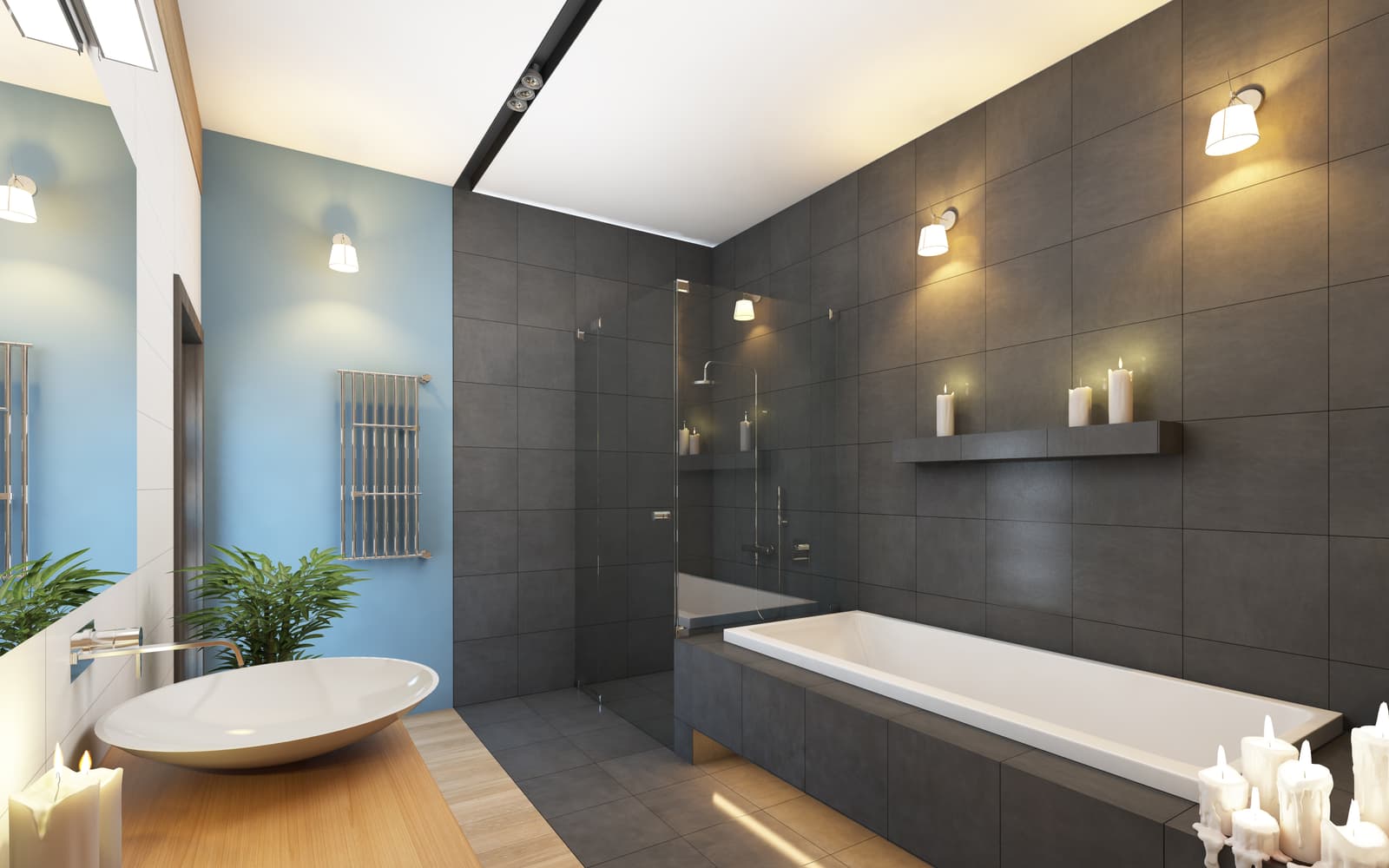
Léa Plourde-Archer
•23 Oct 2024
Are you thinking about renovating your bathroom? This process can be long and complicated, as it involves several steps, as well as a number of factors that can affect the price, the duration of the work and the durability of the materials.
